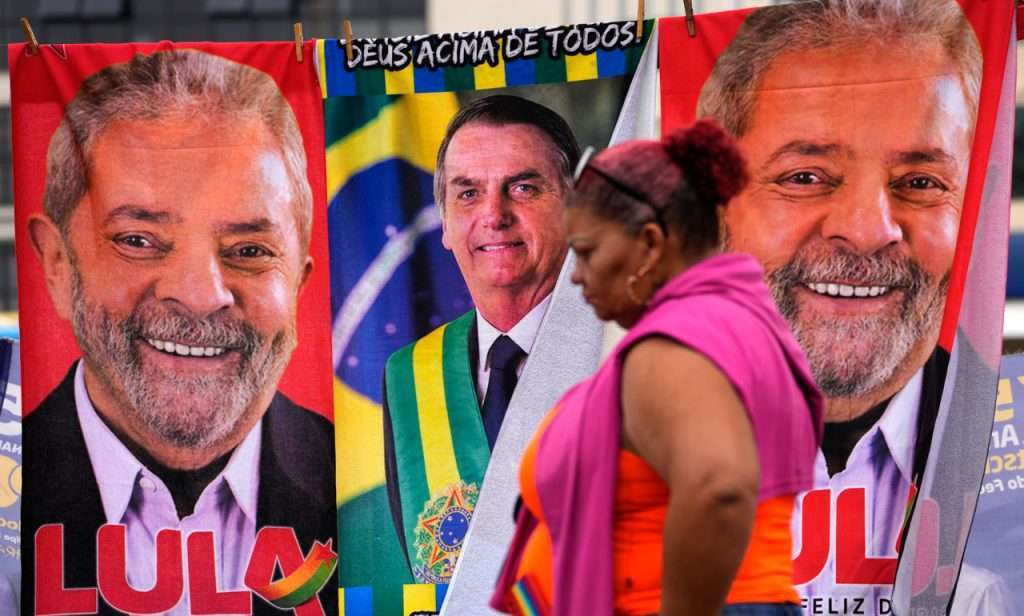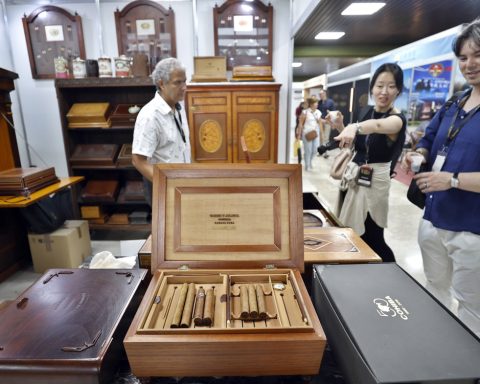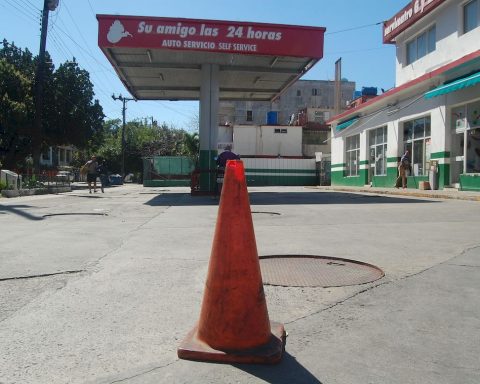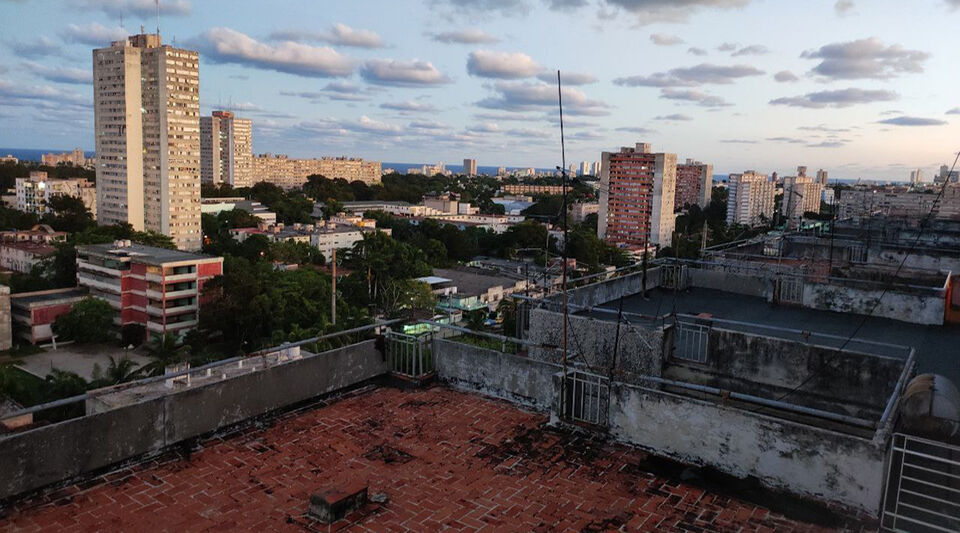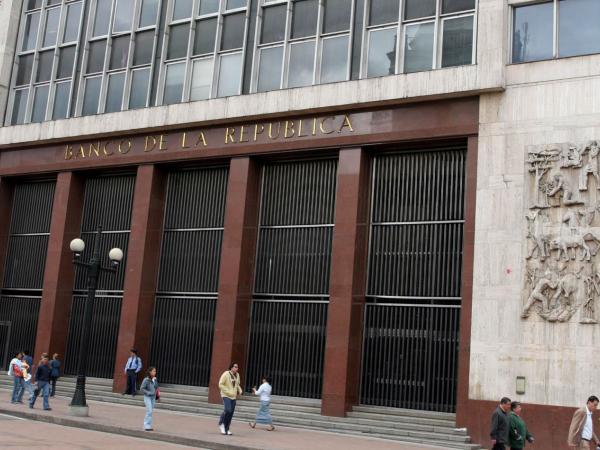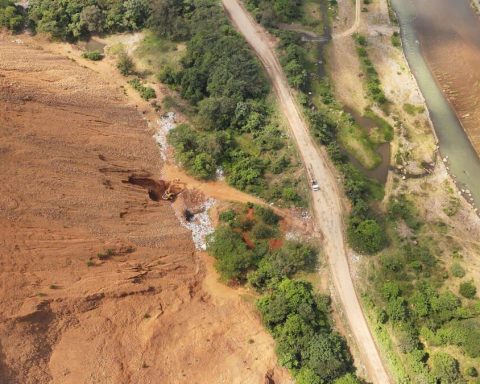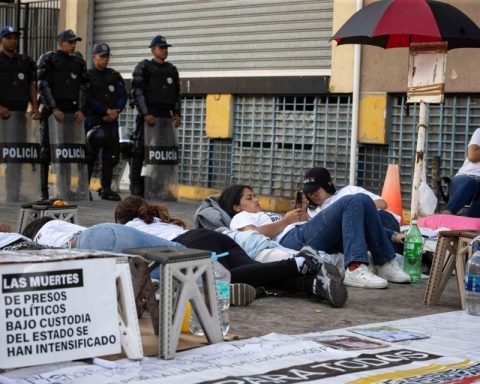Brazilians vote on Sunday in a highly polarized election that could determine whether the country returns a leftist to the helm of the world’s fourth-largest democracy or keeps the far-right incumbent in office for another four years.
The contest pits current President Jair Bolsonaro against former President Luiz Inácio Lula da Silva. There are nine other candidates, but their support pales before that of Bolsonaro and da Silva.
Recent opinion polls have given da Silva a commanding lead: the latest Datafolha poll published on Saturday gave him a 50% to 36% lead among those who intended to vote. He interviewed 12,800 people, with a margin of error of two percentage points.
The Bolsonaro administration has been characterized by incendiary discourse, its testing of democratic institutions, its widely criticized handling of the COVID-19 pandemic, and the worst deforestation in the Amazon rainforest in fifteen years. But he has built a devoted base by championing conservative values, rejecting political correctness and portraying himself as someone who protects the nation from leftist policies that he says infringe on personal freedoms and produce economic turmoil.
Lula: President Bolsonaro’s coup speeches lack support among the Brazilian military
A slow economic recovery has yet to reach the poor, with 33 million Brazilians going hungry despite higher welfare payments. Like several of its Latin American neighbors facing high inflation and large numbers of people excluded from formal employment, Brazil is considering a shift to the political left.
Gustavo Petro in Colombia, Gabriel Boric in Chile, and Pedro Castillo in Peru are among the leftist leaders in the region who have recently come to power. Da Silva could win in the first round, without the need for a second round on October 30, if he gets more than 50% of the valid votes, which exclude null and blank ballots.
Brazil has more than 150 million eligible voters and voting is compulsory, but abstention rates can reach 20%.
Bolsonaro has repeatedly questioned the reliability of not only opinion polls, but also Brazil’s electronic voting machines.
